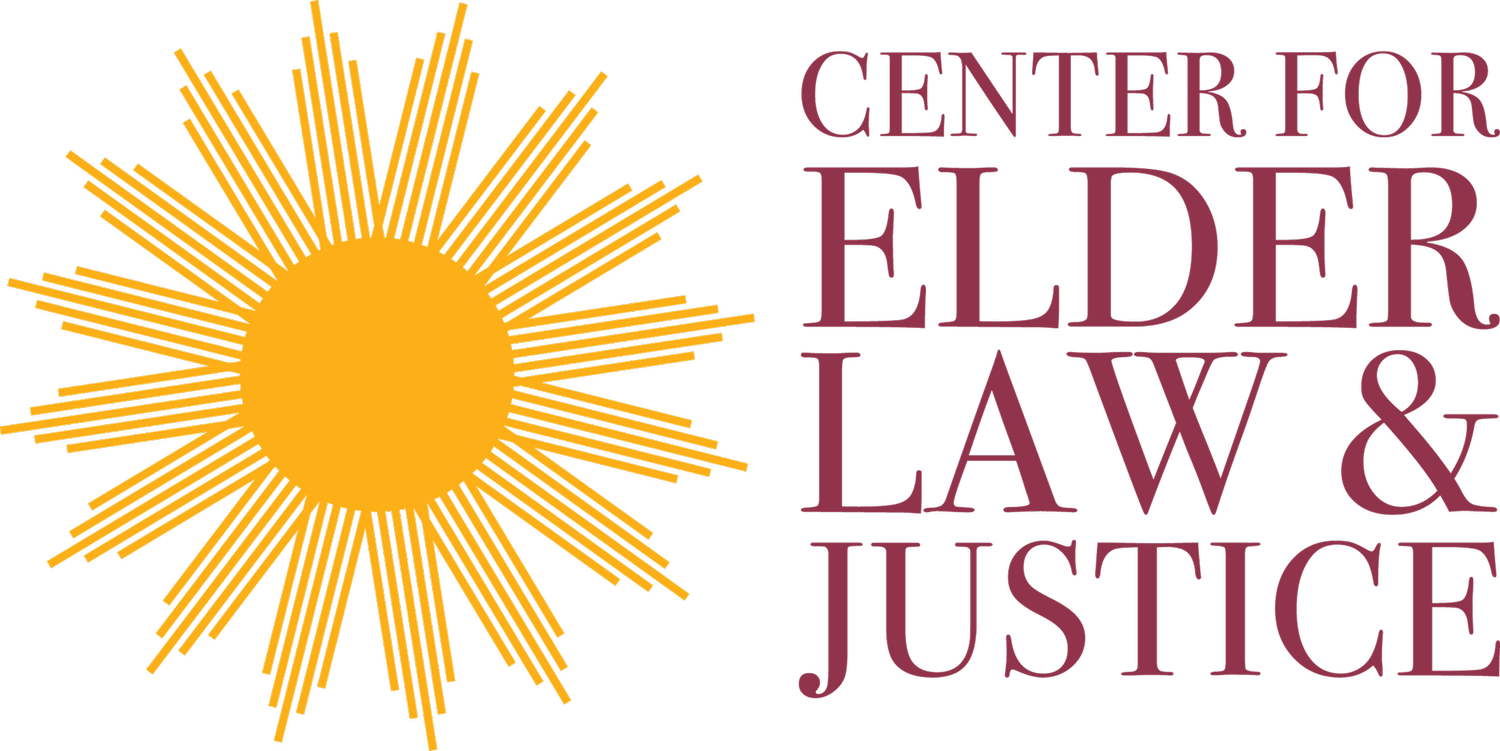Checklist - What To Do When a Loved One Dies
Loss of a Loved One Checklist
1. Get 5-6 copies of the death certificate from the funeral director.
2. Contact Social Security to report the death and apply for lump sum death benefit
($255) and possible increase in Social Security for your loved one’s spouse, minor
child, or disabled child.
3. You will continue to have access to all jointly held bank accounts and jointly held
safe-deposit boxes. There is usually no need to change those joint accounts
immediately. If any accounts are in your loved one’s name individually, ask the
financial institution for a form affidavit you can sign at the bank to give you access;
close out if possible. Depending on the financial institution, this may only be
available for a spouse. If you can’t get access by affidavit on a form furnished by the
financial institution, you’ll have to wait until an estate representative is appointed.
This will involve consulting with another attorney, using the resources below, as the
Center for Elder Law & Justice does not typically handle such estate matters.
4. If your loved one was a Veteran, call the Veterans Affairs (VA) at 1-800-698-2411
for burial and other benefits.
5. Make claims on all life insurance policies and other assets naming you as
beneficiary. Roll over IRAs or other investment accounts into your name.
6. Contact current and all former employers, unions, professional groups notifying
them of death and asking about possible death benefits, insurance, pensions, etc.
7. Contact health insurance carrier to inform of death; try to stay on policy if you are
covered under your loved one’s policy and do not have other insurance.
8. There is usually no immediate need to transfer title of real property if it is held as
husband and wife or as joint tenants, with rights of survivorship. If there is real
property or an interest in real property owned by your loved one individually, you will
need to see an attorney to have an estate representative appointed, using the
resources below.
9. Cancel credit cards in your loved one’s name and notify the company of death. See
if any credit or loan accounts had a life insurance benefit attached.
10. See accountant or tax preparer in January after death to complete tax returns.
11.Get help from your family, if possible. Don’t make any major changes in your life;
you’ve had enough of them. Before making major purchases with money you may
receive, consider talking with a trusted family member or friend about the purchase.
12.Cancel your loved one’s travel reservations, appointments, subscriptions,
recurring charges, etc. Try to get any deposits back or collect on any relevant
insurance.
13.Contact utility companies, such as electricity, gas, water, phone, cable, and
internet, if those accounts were in your loved one’s name. These utilities should
either be canceled or transferred to the name of a survivor. Have a copy of the most
recent bill with you while you’re calling.
14.Hold on to check registers, cell phones, computers, and other person property
for possibly relevant information.
15.If any vehicles are in your loved one’s name individually, contact the Department of
Motor Vehicles (DMV) for Title and Registration change forms. Contact car and
homeowners insurance carriers regarding your loved one’s death.
Documents You May Need:
Death Certificates (5-6 certified copies)
Social Security Card
Marriage Certificate
Birth Certificate
Birth Certificate for each child, if applicable
Insurance Policies Deed and Titles to Property Stock Certificates Bank Books
Discharge Papers for a Veteran and/or VA Claim Number
Recent Income Tax Forms and W-2 Forms
Automobile Title and Registration Papers Loan and Installment Payment Books or
Resources for Consulting with a Lawyer
Erie County Bar Association Lawyer Referral Service – (716) 852-3100
Center for Elder Law & Justice’s Legal Advice Helpline – 1-844-481-0973
